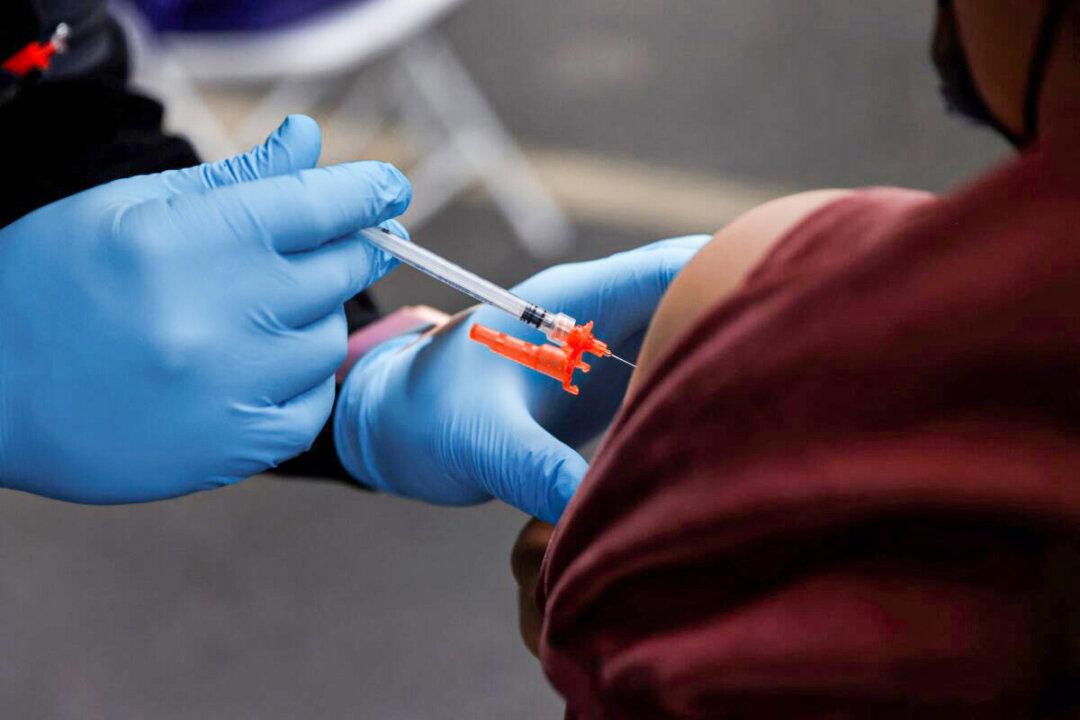A study (pdf) conducted by the Australian National University shows booster hesitancy of Australians have increased compared to Oct. 2021, prior to the start of the booster program.
In Jan. of 2022, 3472 Australians over 18 were surveyed on booster hesitancy, the group have been a consistent sample group for the university and was previously surveyed in Jan. to Feb. 2020; prior to the pandemic as well as in 2021, to track participants’ change in attitudes to COVID-19.





